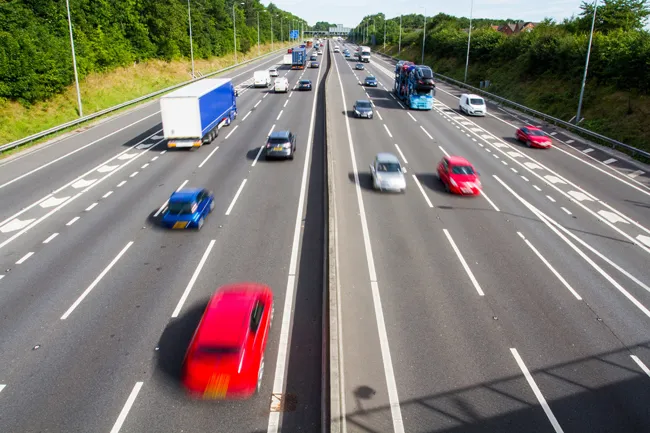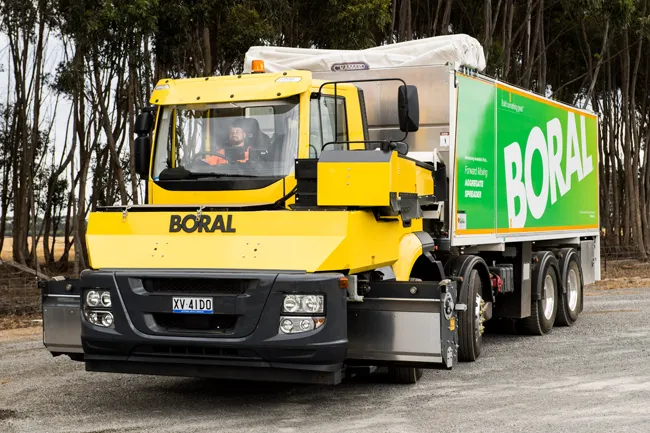
The soon-to-be mandatory speed limiters on vehicles in the
In March the European Parliament passed a law that safety features such as intelligent speed assistance and advanced emergency-braking system must be installed in new vehicles from May 2022. They form part of the EU’s new suite of safety measures.
Intelligent speed assistance alerts and prevents a driver from accelerating above the speed limit. This is crucial to influence driver behaviour and reduce driving speed, says the TRL. “When a vehicle is even marginally speeding it can make the difference between a collision that is avoidable and a serious or fatal collision. Preventing a vehicle from speeding will also increase the effectiveness of all other safety measures in the new European General Safety Regulations.”
Róża Thun, a member of the European Parliament and who helped steer the legislation through Parliament, said the focus was always on the safety of road users, especially vulnerable ones. “The additional obligatory equipment for cars, trucks and buses will help to save people’s lives.”
However, the speed limiter will not be a governor on speed, according to Thun. “We do not introduce a speed limiter, but an intelligent system that will make drivers fully aware when they are speeding. This will not only make all of us safer, but also help drivers to avoid speeding tickets.”
Other mandatory advanced systems to be fitted in all new vehicles will include alcohol interlock installation facilitation, driver drowsiness and attention warning, advanced driver distraction warning, emergency stop signal, reversing detection and an event data recorder – often called a black box.
Trucks and buses will have to be designed and built to make vulnerable road users, such as cyclists and pedestrians, more visible to the driver – the so-called direct-vision vehicles design. The vehicles must be equipped with advanced features to reduce to the greatest possible extent the blind spots in front and to the side of the driver.
Direct vision technology should be applied to new models as from November 2025 and for existing models from November 2028.






